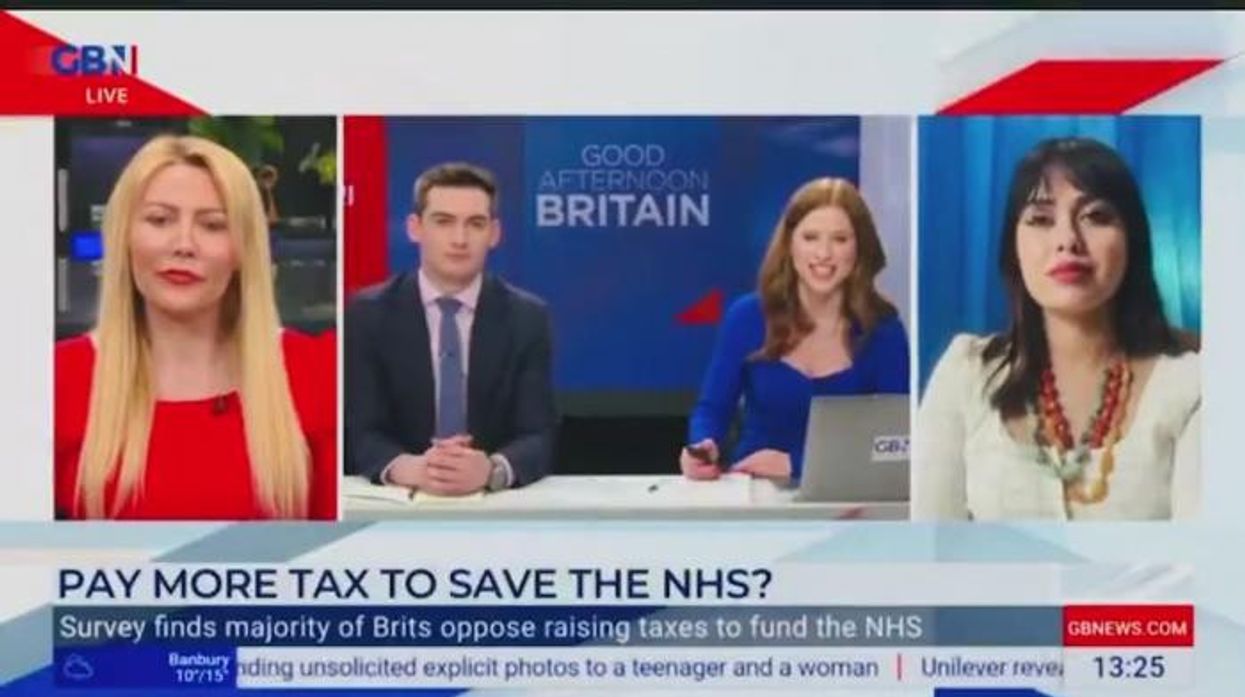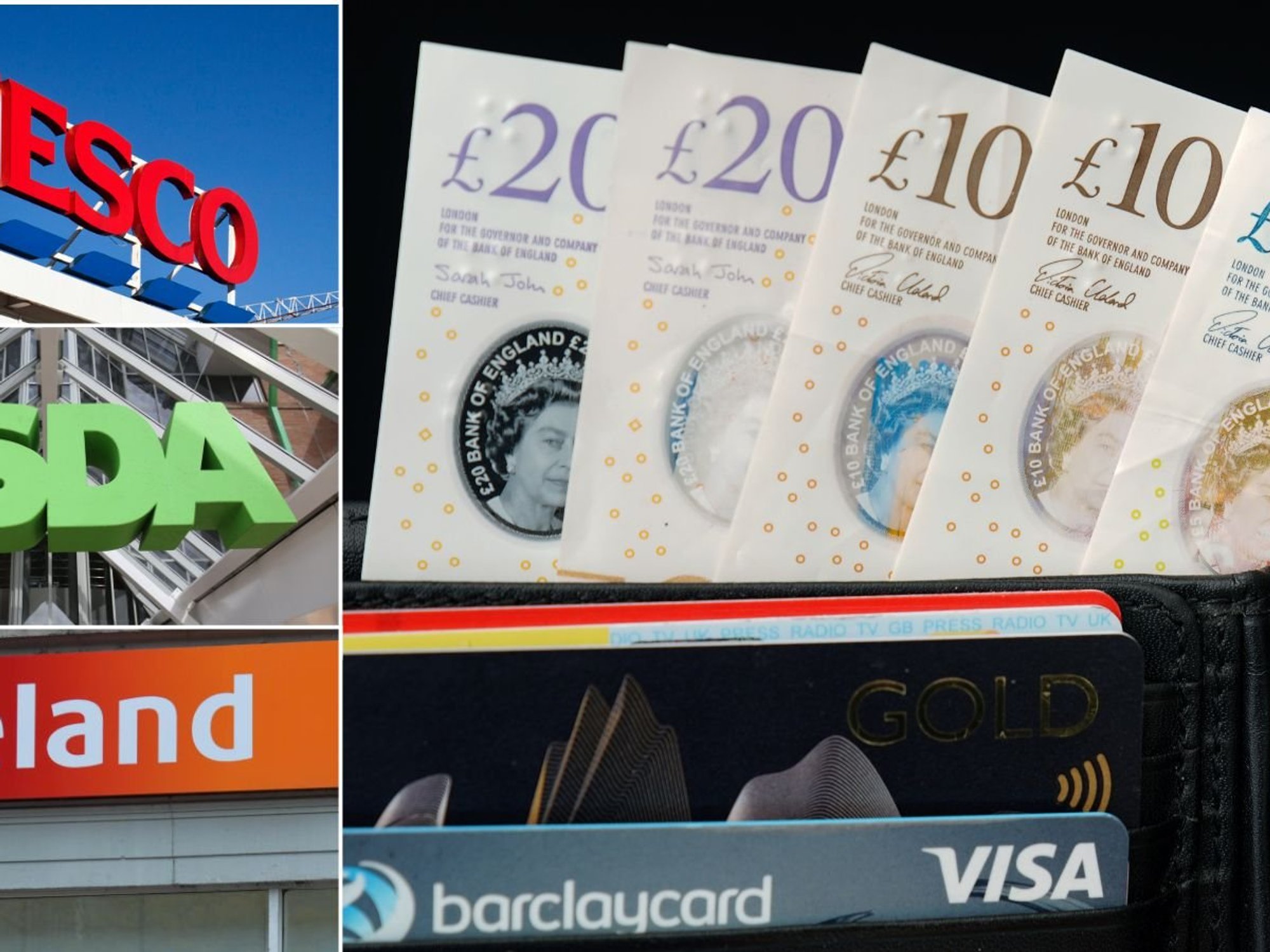Blow to taxpayers as '7.1 million earners face a tax rise' with 'limited options' to save money

Fiscal drag is expected to drag Britons into higher tax brackets for years to come, experts are warning
Don't Miss
Most Read
Latest
Taxpayers are being dealt another blow as 7.1 million earners face a tax rise in the years to come, according to experts.
Analysts are warning of the impact of fiscal drag on peoples’ finances which has become a stealth tax on hard-working peoples’ incomes.
On top of this, experts are sounding the alarm that there are “limited options” available for Britons looking to reduce their tax liability and save money.
Fiscal drag occurs when incomes or wages rise while tax thresholds remain at the same level over a period of time.
This results in workers and pensioners being dragged into higher tax brackets and being forced to pay more to HM Revenue and Customs (HMRC).
In 2022, Chancellor Jeremy Hunt announced that tax allowances would remain frozen until at least 2028.
Do you have a money story you’d like to share? Get in touch by emailing money@gbnews.uk.

Millions will pay more taxes due to fiscal drag
|GETTY
This decision was not reversed by the Government during the Spring Budget, in which the pending cut to National Insurance was confirmed.
The levy’s rate will be slashed from 10 per cent to eight per cent workers, and to six per cent for the self-employed, from next month.
However, experts have highlighted savings made from this tax cut are likely to be diminished due to the effects of fiscal drag.
While tax relief is available for many workers, analysts have cited the “limited options” for people looking to save money.
Henrietta Grimston, a financial planning director at Evelyn Partners, issued a stark warning to millions who are likely to pay more to HMRC despite the promise of tax cuts.
She explained: “That means 7.1 million earners face a tax rise by 2028, with this effect at its greatest right now and in the next year as salary increases are running quite high at the moment.
“Together with some marginal anomalies in the tax rate, notably the one that means those who earn more than £100,000 pay a 60 per cent marginal rate due to the withdrawal of the personal allowance, this can prove disheartening for some workers.
“Options for mitigating income tax liability are limited but the one that is open to almost everyone is pension contributions, which through tax relief allow the saver to keep more of their earned income – albeit at the cost of sacrificing access to those funds until pension access age (now 55, rising to 57 in 2028).”
According to the tax expert, saving money into pensions is a “really attractive option” for higher and additional rate taxpayers.
However, anyone who chooses to do this has to be aware that there are restrictions on accessing any money deposited into retirement savings.
LATEST DEVELOPMENTS:
 Britons have seen the tax burden rise significantly in recent years | GETTY
Britons have seen the tax burden rise significantly in recent years | GETTY Ms Grimston added: “Those in salary sacrifice schemes benefit from two other possible tax-reducing effects.
“One, they receive relief on National Insurance contributions to add to income tax relief – and possibly also a bonus from the employer’s NI savings.
“Two, those just above a tax threshold could potentially drop a tax band by reducing their notional salary in this way.
“Many firms running such schemes now set salary-related benefits based on one’s original salary, so these are not compromised.”











